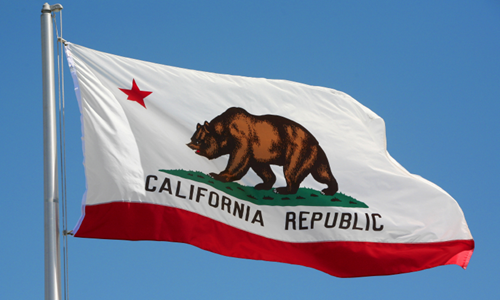
Making headlines this week in politics was the approval of adding to the November ballot a measure to split California into three separate states. Being born and raised in California, as well as hauling most of my freight in the state, it makes sense to me in a certain sense. Political viewpoints amongst the three separate proposed areas, as well as income levels and population density, differ greatly between what would become California, South California and North California if approved. As the owner and operator of a trucking company of my own here in the state though, I wonder what this means for the many that operate as intra-state carriers within the vast expanse of land that is currently “The Golden State”.
Even though I operate most of my freight within the state doing local Los Angeles, Los Angeles to Las Vegas and SoCal to NorCal lanes, I have always registered my trucks with apportioned plates and my business as an interstate carrier. This has always alleviated for me the hassle of stopping for trip permits anytime we cross state borders and given us the option to run anywhere we want to when the rates shift in certain areas. There are a great number of owner-operators and fleet operators that make their living as intrastate carriers, never leaving the state. Should this bill pass the vote and get government approval, what would this mean for these current intrastate carriers that would now be forced to travel across the three new states? Would they now be forced to have apportioned plates and pay their IFTA according to newly established tax rates for each? Would they now be forced to register with FMCSA as interstate motor carriers? I know that my trucks cross these newly proposed borders quite a bit on a daily basis, which would make the constant stops for trip permits to an intrastate carrier unbearable.
As much sense as it may make to split California based on Per Capita, population and viewpoints, it may have unintended repercussions and ramifications for the trucking industry. With the speed in which this notion went from concept to ballot measure, I would guess a lot of this has not been thoroughly thought out. It will be interesting to see, should this gain voter and senate approval, what the exact impact would be on trucking here in California. Needless to say, the speed and momentum behind this measure is startling and we may just be left clamoring to make sense of it all after November voting time!